How Greenpeace creates change
What does Greenpeace do? Greenpeace brings about change through direct action, creative confrontation, lobbying, investigations and mobilising large numbers of people. These tactics help us to protect nature and promote a green and peaceful future.
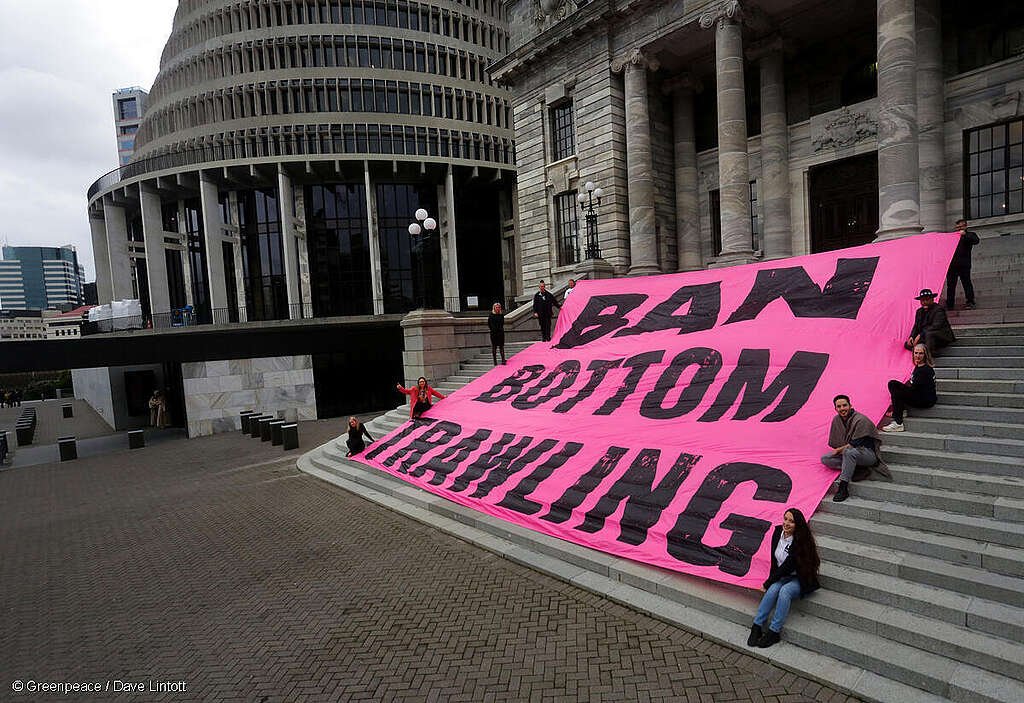
What does Greenpeace do?
Greenpeace investigates, exposes and confronts the causes of environmental destruction.
Through action, Greenpeace aims to spark systemic change. That means large-scale change that will fix the root causes of the climate crisis, not just the symptoms. To do that, Greenpeace uses the following approaches:
- Investigations – Greenpeace investigates and exposes governments or corporations who cause environmental damage
- Lobbying – Greenpeace encourages and persuades those in positions of power to take the bold steps needed to stand up to corporate influence and protect the planet
- Direct Action – Greenpeace activists peacefully protest environmental injustice
- People Power – Greenpeace helps people send a message to decision-makers and enables people to come together and demand change
- Science – All of Greenpeace’s work is guided by science and research. Greenpeace campaigns and policies are formed by facts and peer-reviewed research
Usually, Greenpeace campaigns involve a combination of all of these tactics.
Investigations
Greenpeace investigations provide research and evidence of environmental injustices and expose those causing harm. Investigations use a variety of techniques, such as fieldwork, satellite imagery, business and financial analysis and whistleblowing.
Investigative journalism is another tool that Greenpeace uses. In the UK, Greenpeace’s award-winning investigative journalism unit, Unearthed, has been uncovering issues about climate change and pollution for almost 10 years.
In Aotearoa, our investigations have led to the John Key Government working with the oil industry to spy on Greenpeace Aotearoa staff, Shell being driven from the Arctic, the impact of New Zealand’s plastic exports in Southeast Asia and the Antarctic krill fisheries being held to account.
Lobbying
With direct lobbying we make sure that our campaign demands are clearly heard by decision-makers such as politicians and business leaders, and we ask them to translate these demands into real action that protects the environment.
Our campaigners seek to meet with politicians to build political support for our campaigns, produce and disseminate reports and briefings, and make submissions to consultations and committee inquiries.
Our members and volunteers also lobby MPs and local councillors across the country and are able to take national and international issues that Greenpeace works on and make them relevant and impactful at the local level. Over 16,000 Greenpeace supporters made submissions opposing the Fast-track Approvals Bill.
Globally, Greenpeace campaigns to influence international treaties and conventions on environmental protection so they are as strong and ambitious as possible.
We work hard behind the scenes at COP climate conferences and engage policymakers and diplomats at international forums like The Convention on the Conservation of Antarctic Marine Living Resources (CCAMLR) and the International Seabed Authority (ISA) to encourage countries across the world to work together and deliver stronger environmental protections for the benefit of all.
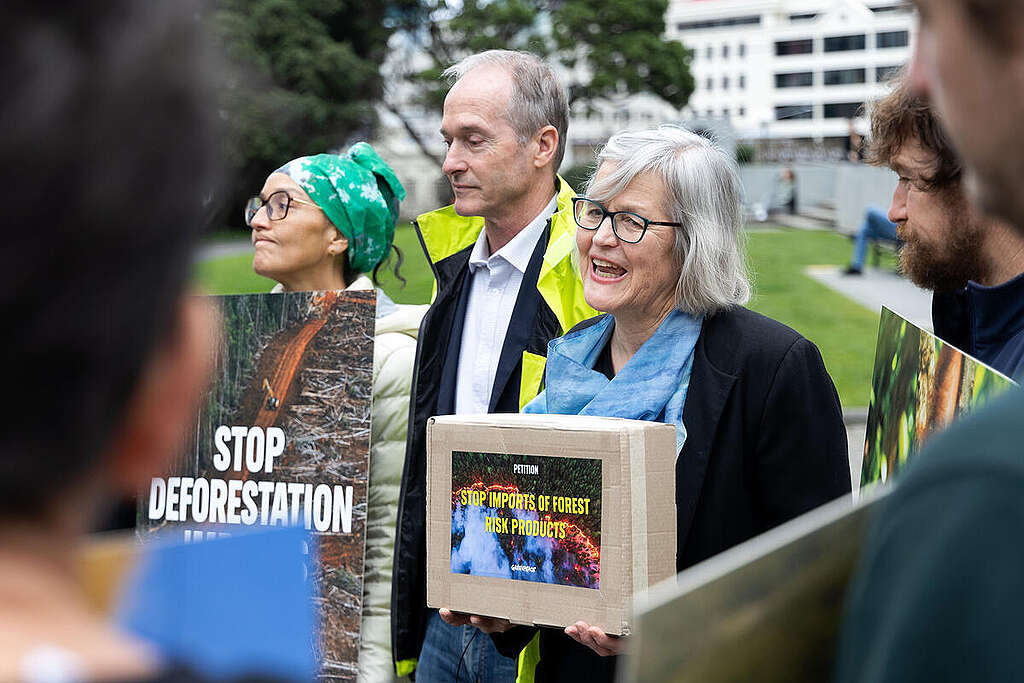
Direct action
Greenpeace was founded in 1971 by a small group of people who set sail in an old fishing boat to try and stop a US nuclear weapons test on an island off the coast of Alaska. And in the 50 years since, non-violent direct action has remained at the heart of Greenpeace’s work.
Direct action is about physically acting to stop an immediate wrong at the scene of the crime. Ordinary people often do extraordinary things to confront those in positions of power with their responsibility for stopping global environmental destruction. We act to raise the level and quality of public debate.
Above all, we act to provoke action from those with the power and responsibility to make change happen.
Guiding all of our actions is always a commitment to nonviolence and personal responsibility. These principles are inspired by the Quaker concept of ‘bearing witness’, which is about taking action based on conscience. Everyone on every Greenpeace action is trained in the principles of nonviolent direct action (NVDA).
Our fleet of ships allows us to take action and bear witness at the scenes of environmental crimes around the world, often in remote and difficult-to-reach places.
When taking physical action to stop an environmental wrong isn’t possible, ‘bearing witness’ through one’s physical presence at the scene of the crime is another way to act on conscience and remind those responsible that they have a higher responsibility than the corporate bottom line.
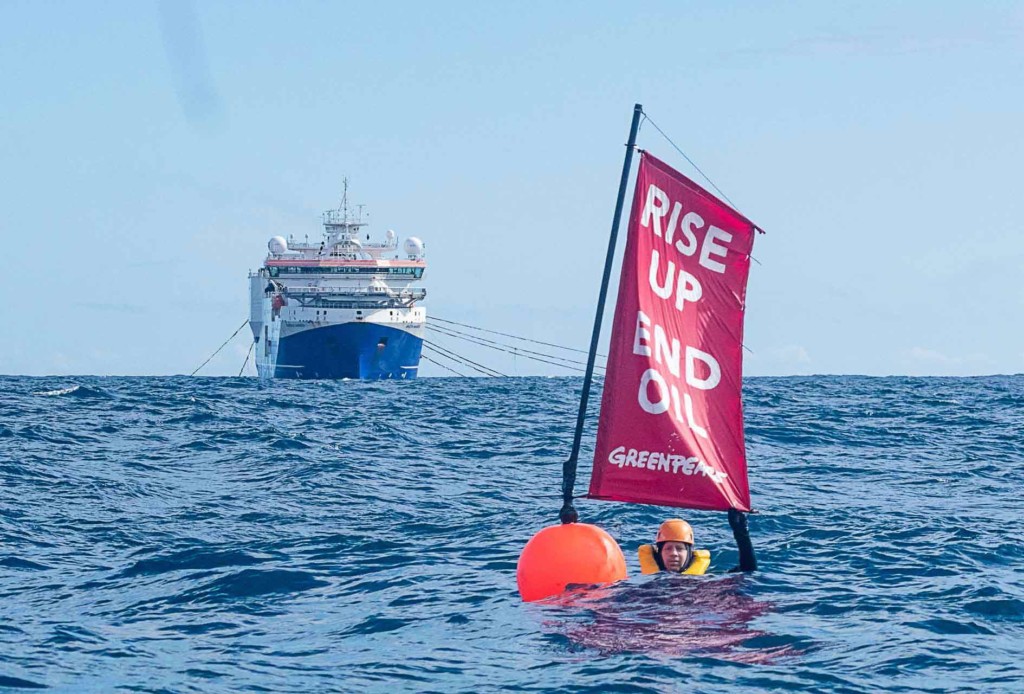
People power
Change only comes when a critical mass of people demand it. Greenpeace helps people like you make that happen.
Across the world, millions of people play a huge and crucial part in Greenpeace’s work. This might be through signing petitions and sharing social media posts, joining our volunteer group or joining protests, and even taking part in direct actions.
Greenpeace gives people a chance to channel their love for the natural world into real action. Our campaigns create effective ways to make demands of elected politicians or corporations committing environmental harm.
From the tens of thousands of messages that Greenpeace helps people send to decision-makers to the millions of signatures collected on petitions, Greenpeace enables people to come together and demand the change they want to see.
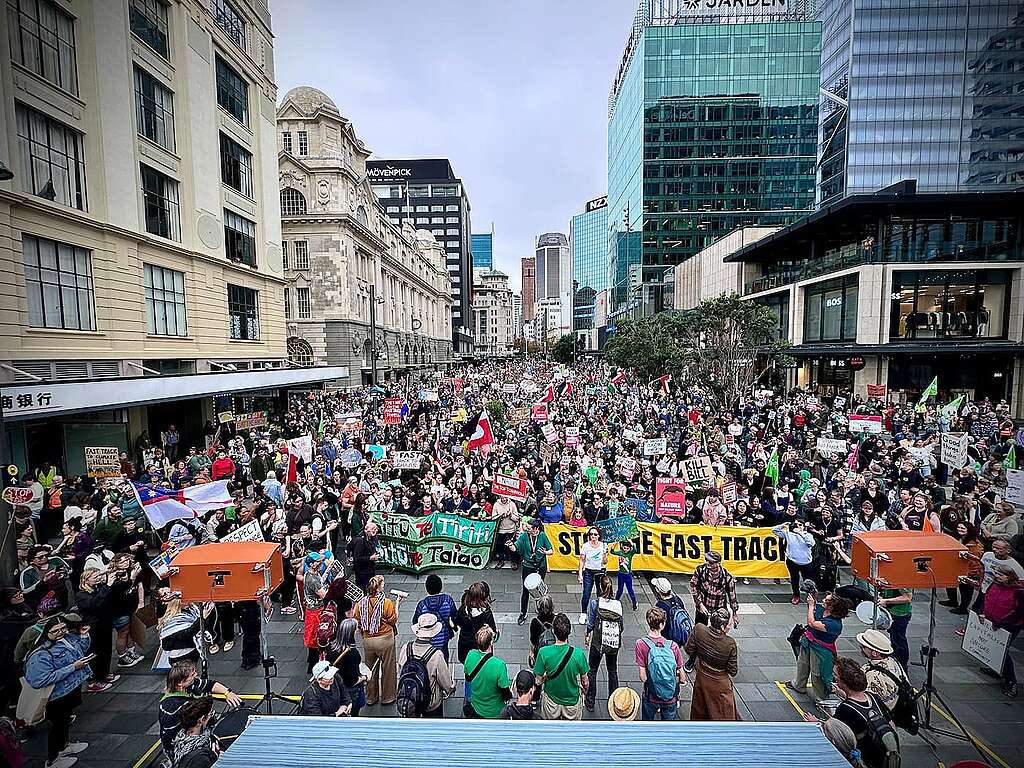
Science
All of Greenpeace’s work is guided by and informed by science and research. We use facts and peer-reviewed research to inform our campaigns and policies.
The Greenpeace Research Laboratories form part of the Science Unit of Greenpeace International. Based in the UK, the laboratories provide scientific advice and analytical support to Greenpeace campaigns worldwide, including here in Aotearoa.
Here in Aotearoa, we have a long-running programme that uses a spectrometer to analyse rural people’s drinking water for nitrate contamination. From the results of those tests, we have created the Know Your Nitrate map, which allows people to get some idea of the risk they may be exposed to.
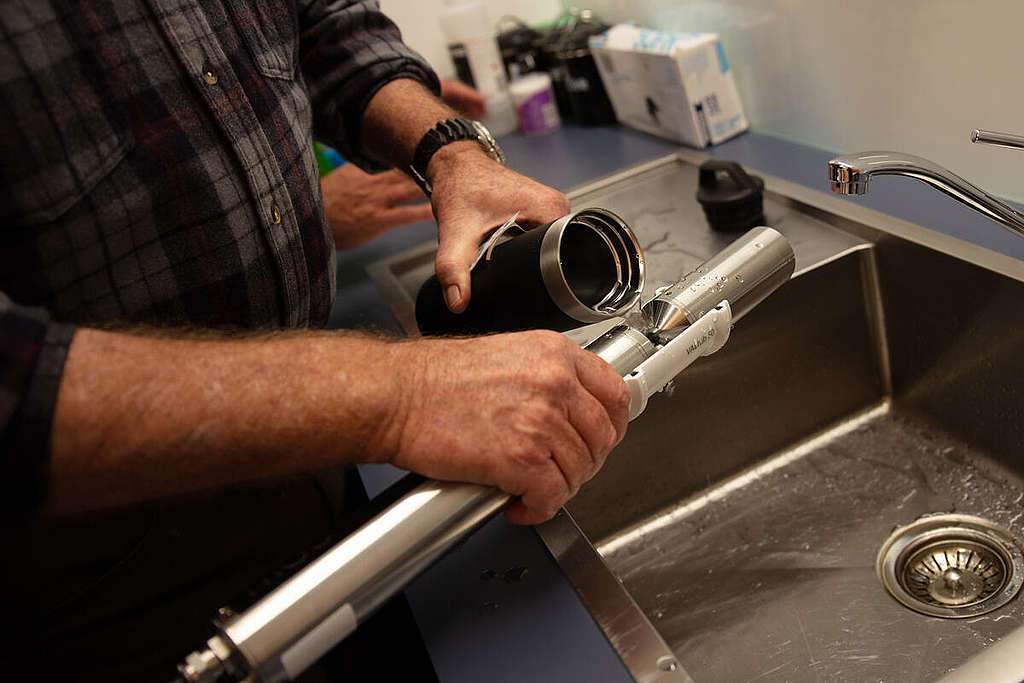
How does Greenpeace create change?
Greenpeace doesn’t accept money from governments or corporations. All Greenpeace activities are funded through donations, or grants from foundations. This independence means Greenpeace can campaign for the planet’s future and expose big polluters, with no influence from those in power.
As a global organisation, Greenpeace is able to work with allies around the world and expose environmental destruction that occurs across the world’s borders or in the high seas, where no individual country has power. This global influence is key to creating long-term change. It took Greenpeace offices and their supporters around the world to get the historic Global Oceans Treaty signed in 2023, which provides a pathway for greater ocean protection.
For more than 50 years, Greenpeace and our supporters have been changing the world for the better. From saving the whales to ending new offshore oil exploration in Aotearoa, we’ve helped secure a long list of wins for nature. Together, we have had a huge impact.
Here’s a timeline of some of the wins, both big and small, in which Greenpeace Aotearoa has played a role since 1971.
Of course, there’s always lots more to do. But these successes – nearly always won in alliance with iwi, hapū, grassroots groups and other organisations – show a glimpse of what’s possible when we work together.
Support our work
You can support our work by donating today. Together, we can build a green and peaceful future.
